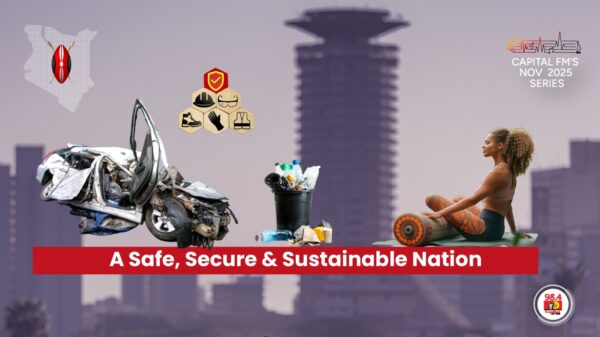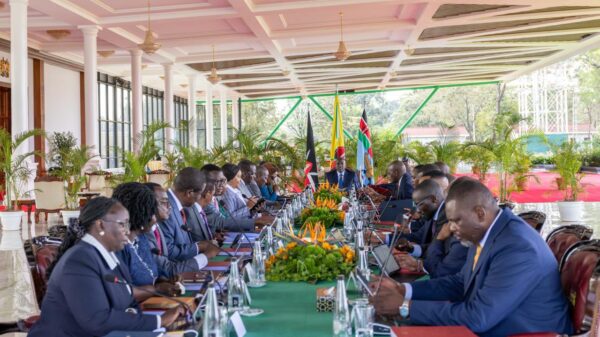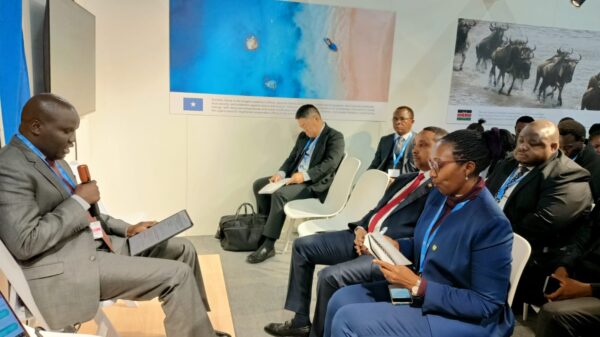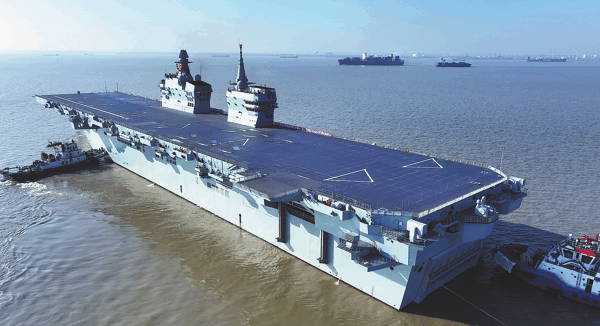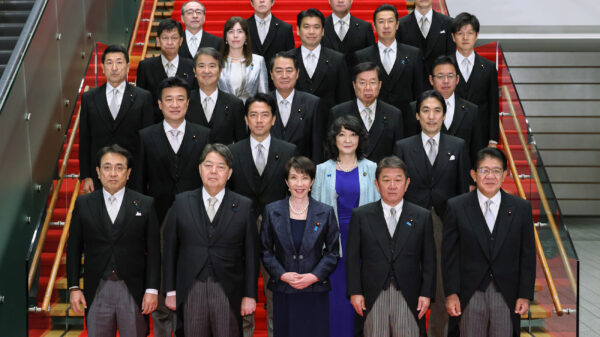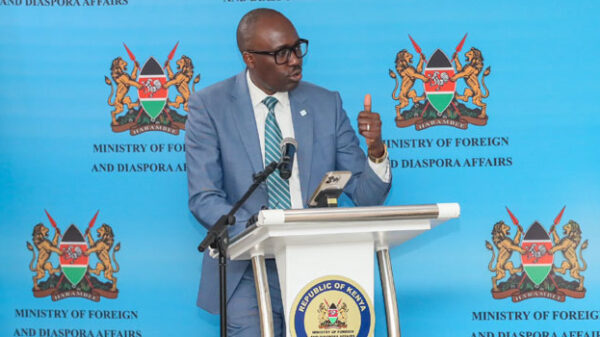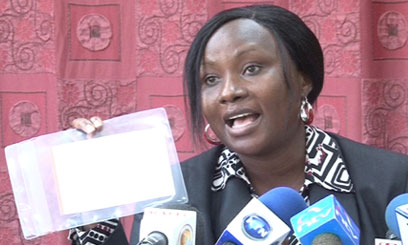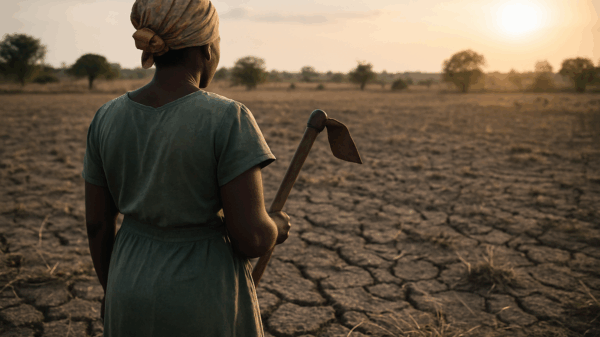NAIROBI, Kenya, Sept 18 – The government plans to spend KSh648 million to replace decades-old asbestos-cement water pipes at the Aguthi Water Project in Tetu Constituency, citing health and safety concerns.
Water Cabinet Secretary Eric Mugaa said the old infrastructure will be replaced with modern High-Density Polyethylene (HDPE) pipes, which are more durable and environmentally friendly.
The upgrade is expected not only to enhance water supply in the area but also to reduce maintenance costs, thanks to the longevity of HDPE piping.
“The Aguthi Water Project was launched in the 1970s using asbestos-cement pipes, which are now quite old. Asbestos pipes are believed to be linked to various health problems, including cancer, and that’s why we’re replacing them,” said Mugaa.
He added: “We also plan to establish a water treatment plant in the area to ensure residents of Tetu and surrounding regions have access to clean and safe water for drinking and domestic use.”
The CS also raised concerns about rampant vandalism targeting water infrastructure across the country and called for joint efforts between leaders and the public to curb the destruction.
He noted that key water components such as pipes and valves are being routinely vandalized, undermining the government’s efforts to supply water for irrigation and hampering the broader goal of achieving national food security.
As a result, the government has been forced to carry out costly rehabilitation works in several projects, including the Changachicha Irrigation Project in Othaya, where critical infrastructure was stolen by unknown individuals.
“We are here to carry out the necessary repairs, and once complete, we urge local leaders and residents to take responsibility and ensure the system remains sustainable,” said the CS.
Launched in April 2021 and commissioned by President Dr. William Ruto in February 2023, the Changachicha project aims to increase the production of high-value commercial vegetables such as cabbages, kale, tomatoes, spinach, and carrots through a sprinkler irrigation system.
Initial works included the installation of a 5,850-meter conveyance pipe, three main lines totaling 19,950 meters of HDPE piping, distribution and feeder lines, and an infield irrigation system.
Upon completion, the project is expected to directly benefit around 2,000 farmers, with an additional 10,000 people gaining indirect benefits.






